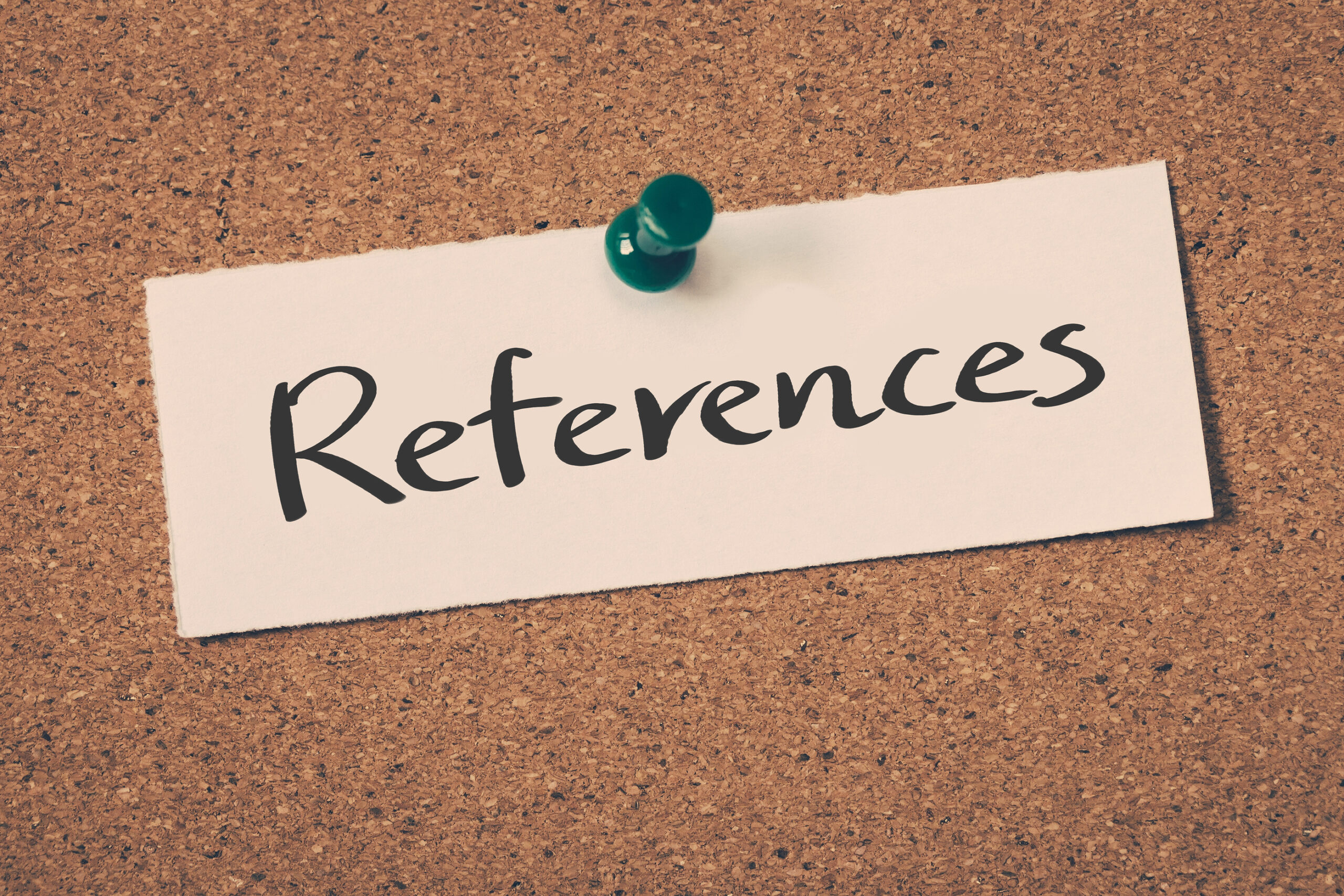References are a valuable tool to use during your interviewing process. In many cases, employers will ask to see a list of references towards the end of the hiring process. Hiring managers often use a candidates reference list to narrow down the final 2-3 candidates for the position. They usually don’t have time to call references for every single person they interview.
But, many people don’t have a good list of references either because they are scared to ask someone to be a reference, or because they haven’t done a good enough job of seeking out advocates. Before you begin looking for a job, think of any people who have witnessed your work ethic, who would be able to say good things about the quality of your work. Try to pick people from different organizations—not all coming from the same place, and not all at the same levels. For example, one reference might be a supervisor at your old job, another may be a teammate from a sport’s team, another person might be a mentor you had from an extracurricular organization. Co-workers, managers, teachers, professors, coaches, advisers, and guidance counselors are all suitable references. Three is usually the standard number of references.
Once you have chosen your professional references, do not forget to ask permission before using someone as a reference. You do not want them to feel or appear blindsided if they receive a call about you. This is not only polite, but it gives them time to think about what their responses will be if they should receive a call about you. It’s also polite to offer to return the favor for them in the future.
After they receive the call and speak to your potential employer, make sure to send them a thank you note. It’s also important to stay in touch with your references, so that you can continue to call on them in the future and keep that relationship amicable. Click here to learn more about how we can help you create the perfect references dossier that will help you land the job you’ve always wanted.



Comments are closed